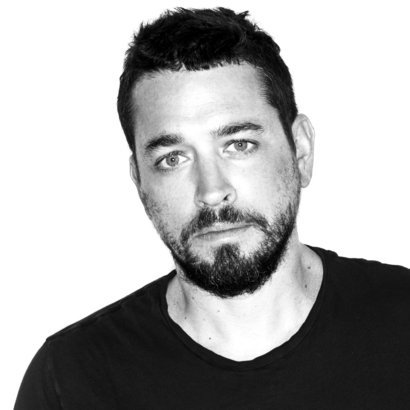In 1996, during Fashion Week, in early September, the Italian fashion designer Valentino Garavani was opening a new Valentino flagship store on Madison Avenue and 65th Street. Vanity Fair was throwing a dinner and party at Le Colonial, a recently opened, high-end French-Vietnamese restaurant on 57th Street, in his honor. There were a handful of movie stars and others from the literary, social, fashion, and media worlds coming.
I had been the assistant to Vanity Fair’s editor, Graydon Carter, for more than two years at that point, and I was charged with working the door. (Carter is also the founder and co-editor of AIR MAIL.) It would mean hours on my feet, clipboard in hand, trying to manage the chaos, while knowing that, behind me, there was a really fun party going on that I wasn’t part of.


